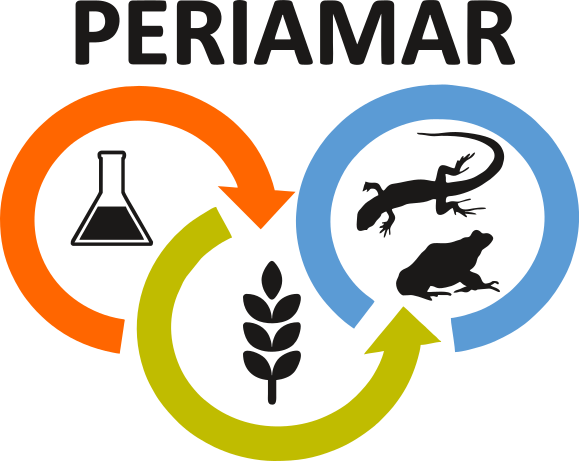 Applying scientific research to support environmental risk assessment of pesticides
Applying scientific research to support environmental risk assessment of pesticides
Florence (Italy): October 03-04, 2023
Environmental risk assessment (ERA) of Plant Protection Products (PPPs) is a science-based regulatory process conducted with the purpose of avoiding unacceptable impacts of PPP release, as part of agricultural activities, on the environment. ERA contemplates the evaluation of potential impacts on a variety of ecosystem elements through a predictive approach, for which estimates about exposure and hazards are generated on the basis of available information.
Amphibians and reptiles are the two only vertebrate groups which have not been routinely considered as part of ERA of PPPs. To fill this gap, COST Action PERIAMAR (PEsticide RIsk AssessMent for Amphibians and Reptiles) has been working since 2019 in elaborating a scheme destinated to incorporate these animal groups to the regulatory process of pesticide registration. The absence of herpetofauna from ERA procedures has caused a disconnection between fundamental and regulatory-focused research, despite much of the research conducted on amphibians and reptiles all over the world has potential applicability to ERA.
Supported by the intersectoral linkages established within PERIAMAR among academic, regulatory and industry scientists, this Training School will offer a complete view on the possibilities of applying biodiversity research to support ERA of pesticides, providing ecologists and ecotoxicologists with knowledge and skills to generate research outputs that are useful to improve the ERA procedures and to translate general knowledge on wildlife and biodiversity into risk assessment. Although organized within the framework of a COST Action focused on amphibians and reptiles, the training school will apply to environmental risk assessment in general, not necessarily focusing on these two groups.
Topics
Legal framework. Principles of risk assessment. Process of application for registration of substances and products. Risk Assessment on aquatic organisms, soil organisms, birds & mammals, and amphibians & reptiles. Assessment of mixtures and multiple stressors. Overall impacts on biodiversity and non-target ecosystems. Risk management. Retrospective risk assessment: monitoring and pesticide usage data. Addressing uncertainty. Hands-on exercises.
Lecturers
Annette Aldrich (BAFU, CH), Silvia Pieper (UBA, DE), Marion Junghans (EAWAG, DE), Lennart Weltje (BASF, DE), Christina Mordziol (UBA-DE), Gesa Amelung (UBA-DE), Manuel Ortiz (IREC-UCLM, ES)
Training school participation
The Training School is especially driven to postdoctoral or senior scientists working on biodiversity and wildlife ecology, biology, or ecotoxicology, with interest in gaining skills for dissemination and transfer of knowledge of their research outputs to the regulatory sector. Scientists affiliated to public or private research entities, industry, consultancy business and NGOs are welcome. Participants from regulatory agencies are also welcome, to exchange experience and gain knowledge on the type of research being conducted which can be applied to their jobs.

